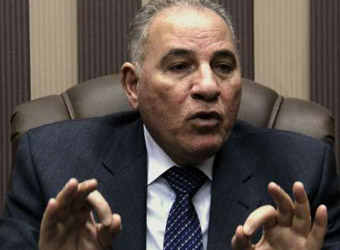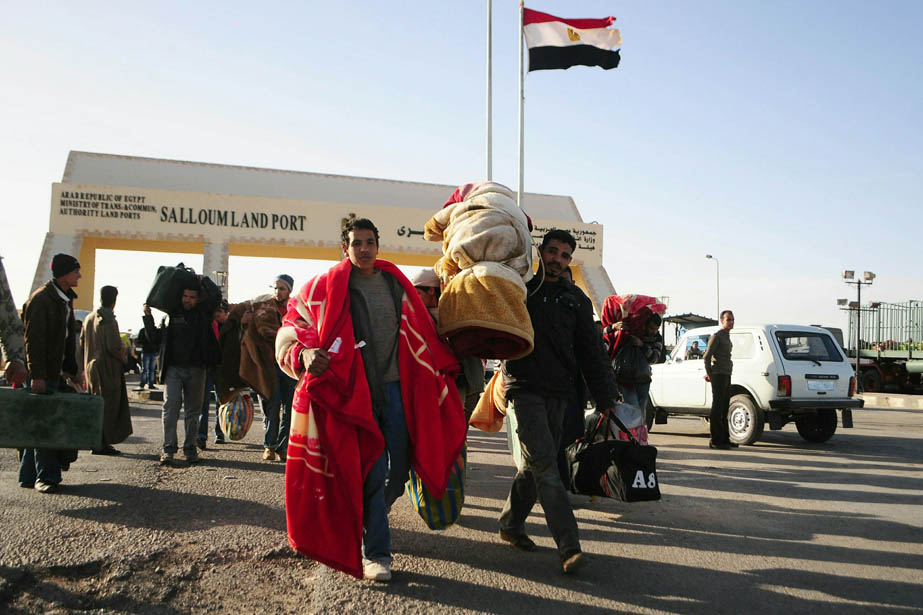A list of young political detainees has been prepared with the hope that they may be granted presidential pardon, president of the state-affiliated National Council for Human Rights (NCHR) Mohamed Fayeq said Sunday at a press conference.
There have been ongoing demands for the release of a number of political detainees, and NCHR has compiled a list of detainees who they claim did not engage in violence and request to be released. The council did not further clarify when a presidential pardon might be expected.
The NCHR’s press conference was set up to announce its annual report, which covers the time period between March 2015 and March 2016, thus excluding major controversial topics such as the Red Sea islands debate (April 2016) and the storming of the Press Syndicate by security forces (May 2016).
The report articulated the current state of human rights in Egypt, discussing a number of issues that affect current conditions, including the state’s treatment of citizens in prisons and the war on terrorism.
“We understand the challenges posed by terrorism but the countries which succeeded in facing terrorism are those who do not compromise human rights at the expense of fighting terrorism,” Fayeq stated.
Fayeq highlighted crimes of torture and ongoing human rights violations, mainly in police stations and detention facilities. According to Fayeq, the council documented three deaths in detention as a direct result of torture and another 20 deaths as a result of poor conditions inside prison.
“The police deny it,” Fayeq said. “But we demand that the state amend the Penal Code to include a clear definition of torture as well as a national mechanism to combat the crime,” he added.
Fayeq also said that economic rights are hindered by the inflation of prices and foreign currency crisis.
Meanwhile, NCHR member, Mohsen Awad, discussed claims of enforced disappearances at the conference. “Any detention of a person without revealing his whereabouts is a crime and opens the door for more crimes to be committed against that person during his unlawful detention,” he said.
Awad added that there are disputes over the time frame after which a person should be considered part of an enforced disappearance, but what matters is the trouble the person’s family goes through in trying to find him.
However, Fayeq argued that claims of enforced disappearances were internationally promoted by unfounded organisations in order to portray Egypt as committing crimes against humanity that should be faced with international justice.
“There a couple of cases where citizens have disappeared, especially in the aftermath of the 25 January Revolution and the dispersal of Rabaa Al-Adaweya in 2013. However, the crime of enforced disappearance is not a systematic practice of the state,” Fayeq claimed, despite admitting that “secret” detentions have extended from lasting for a couple of days to a number of months.
Moreover, Fayeq denounced what he called “a severe media campaign against civil society workers” as well as the re-opening of the “NGOs foreign funding” case, which he said has no ground.
Fayeq demanded the issuing of the NGOs law agreed upon between the Ministry of Solidarity and representatives of civil society “without any obstructing interferences”. Fayeq was also critical of the government’s crackdown on El Nadeem Centre for the Rehabilitation of Victims of Violence.
He condemned the oppressions of freedom of expression, giving the example of the law of religious contempt being misused to prosecute “anybody who expresses [their] opinion”.
Answering journalists’ queries at the end of the conference, Fayeq commented on the Press Syndicate crisis by stating that it was politically mishandled.


